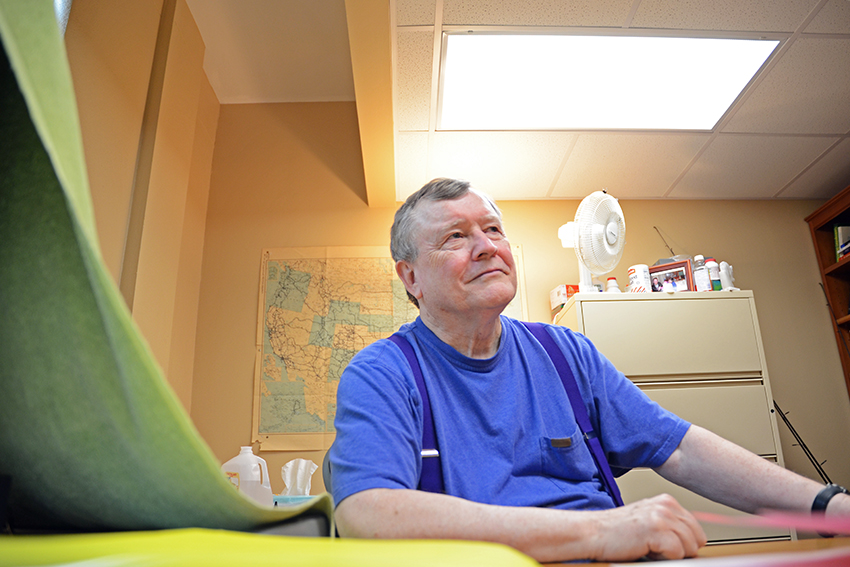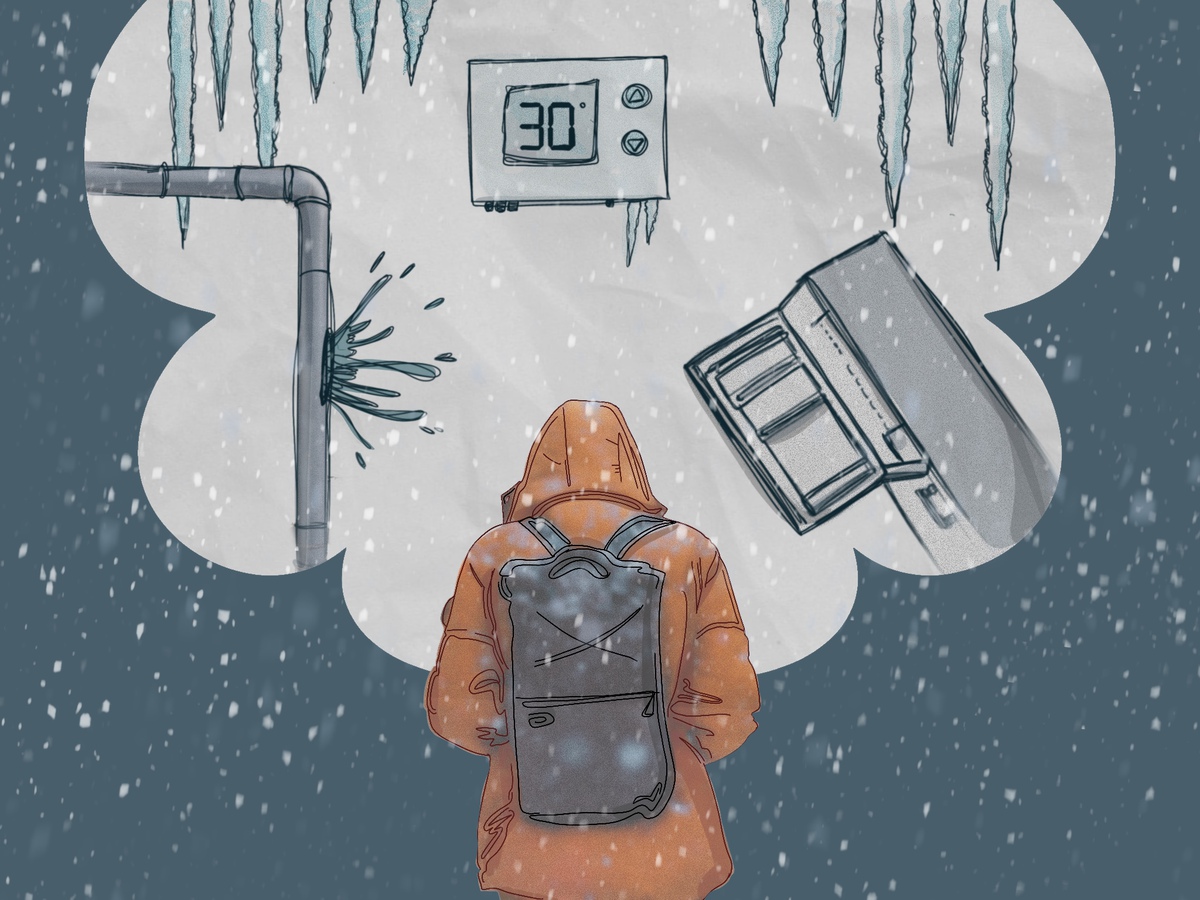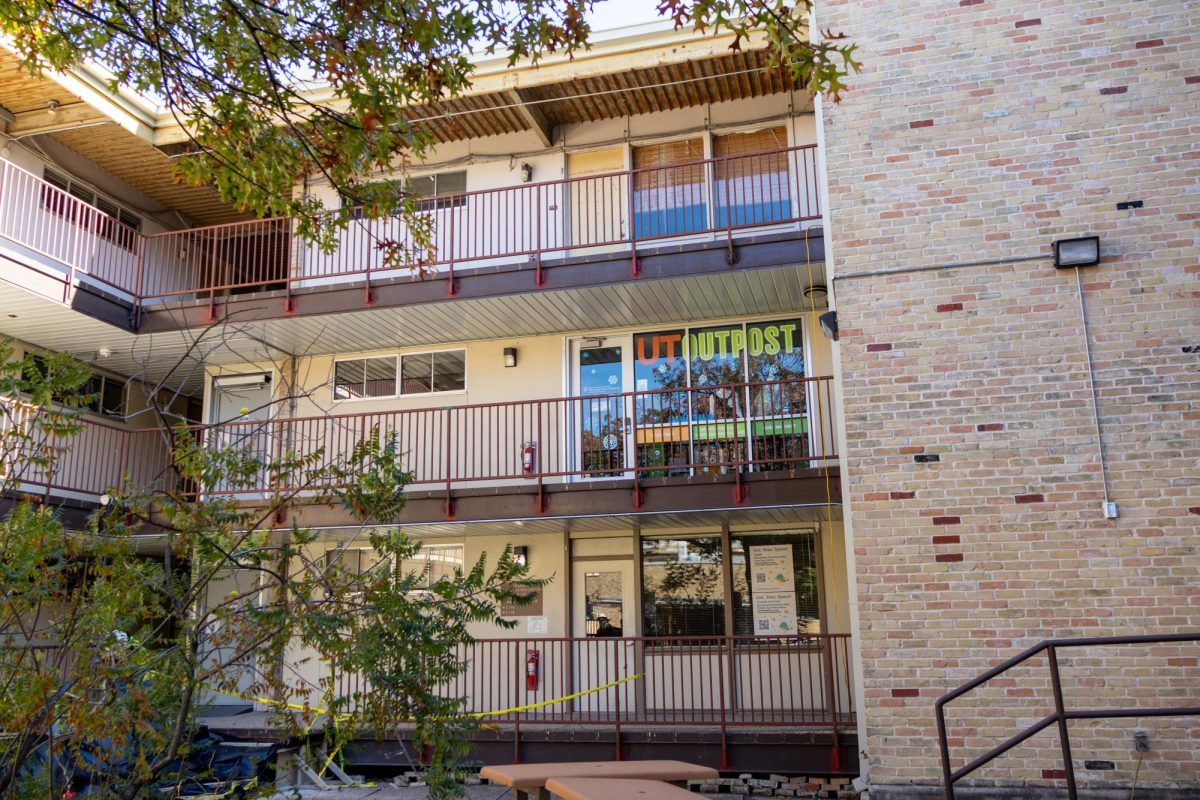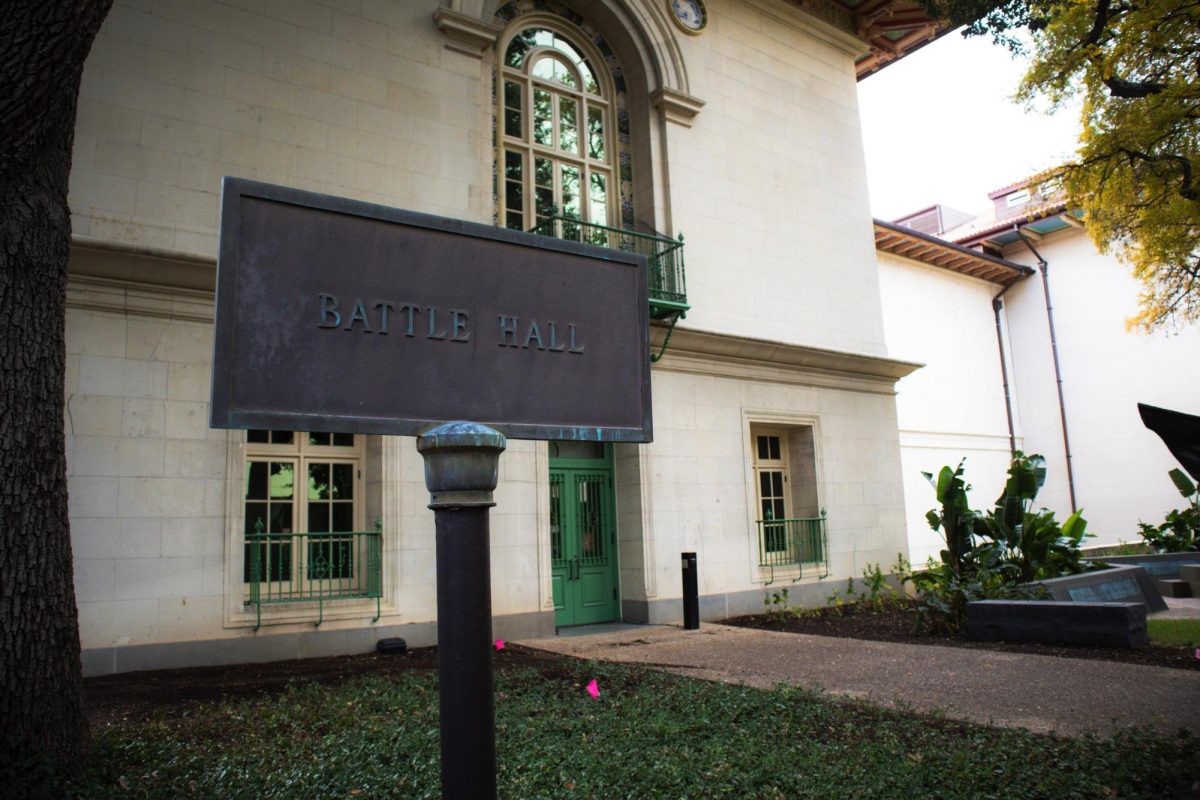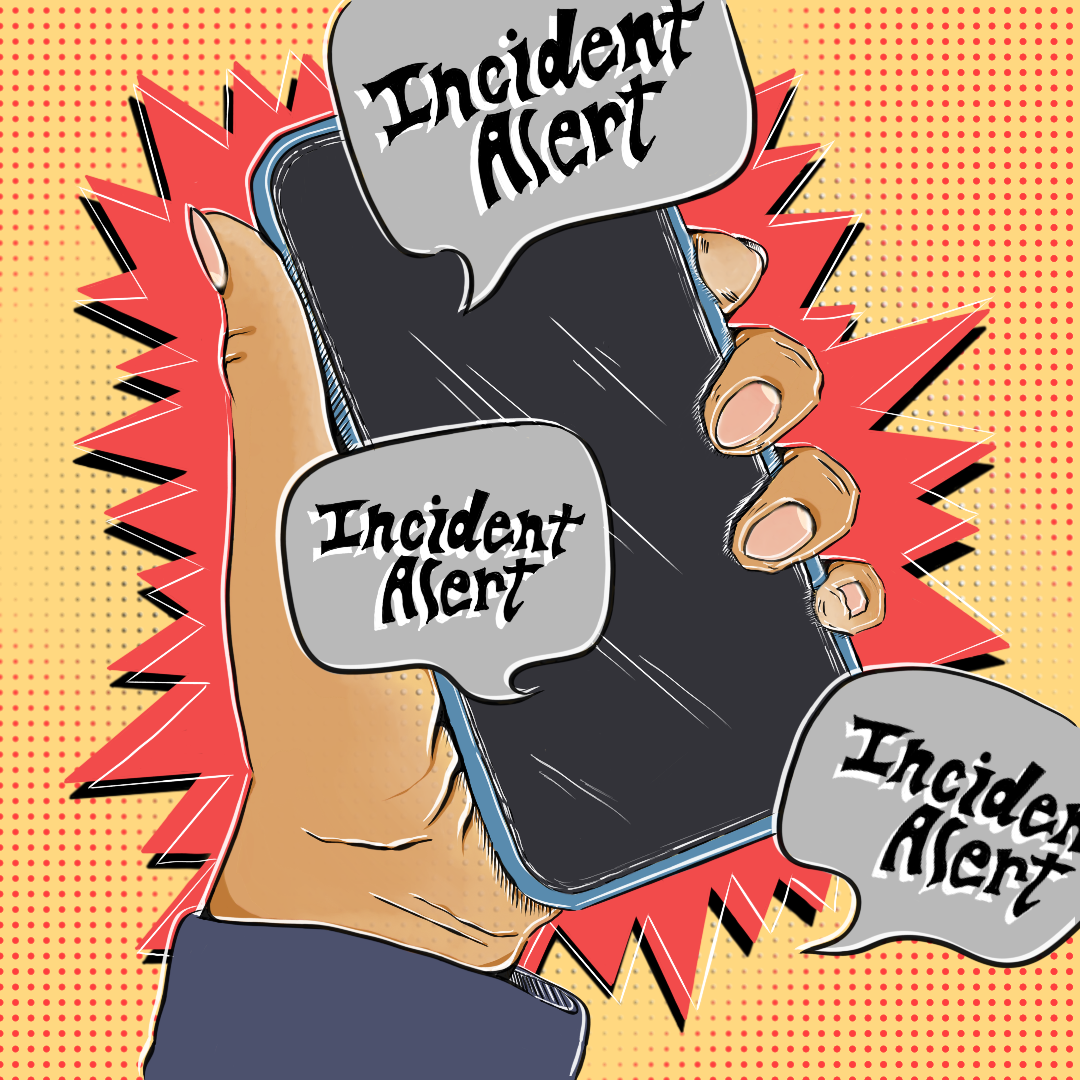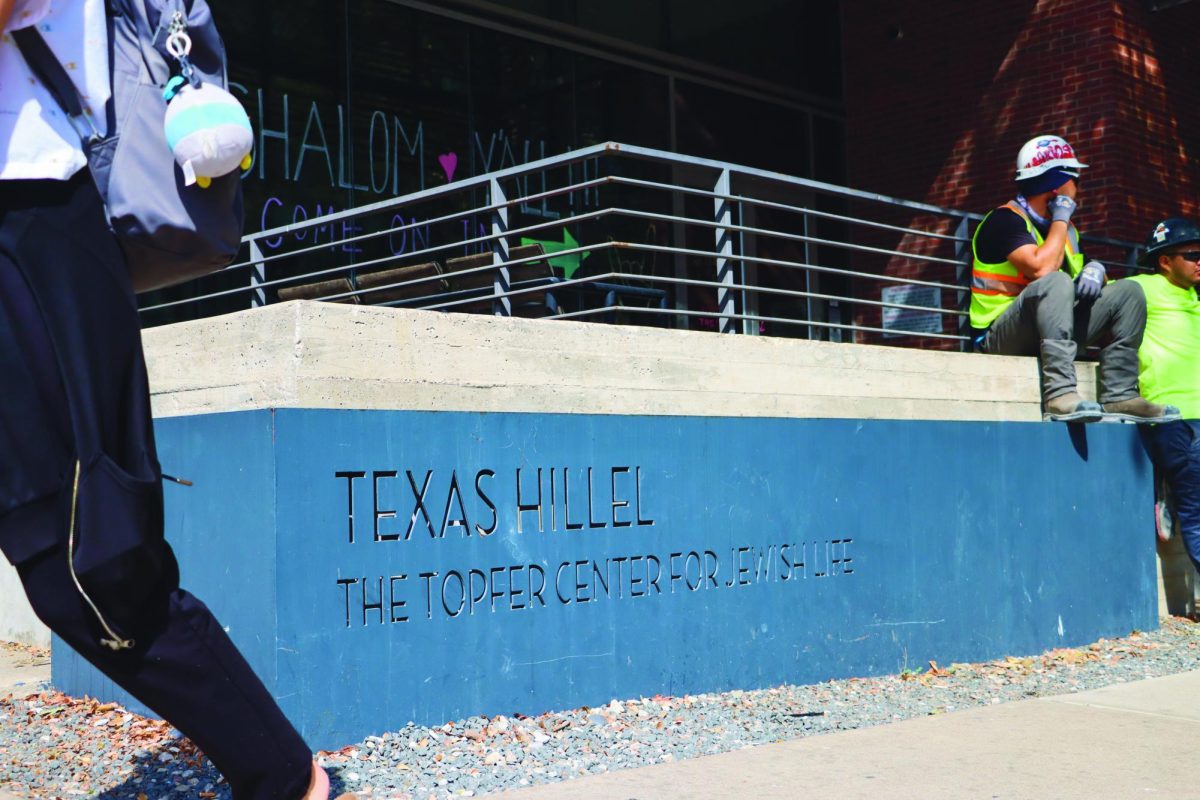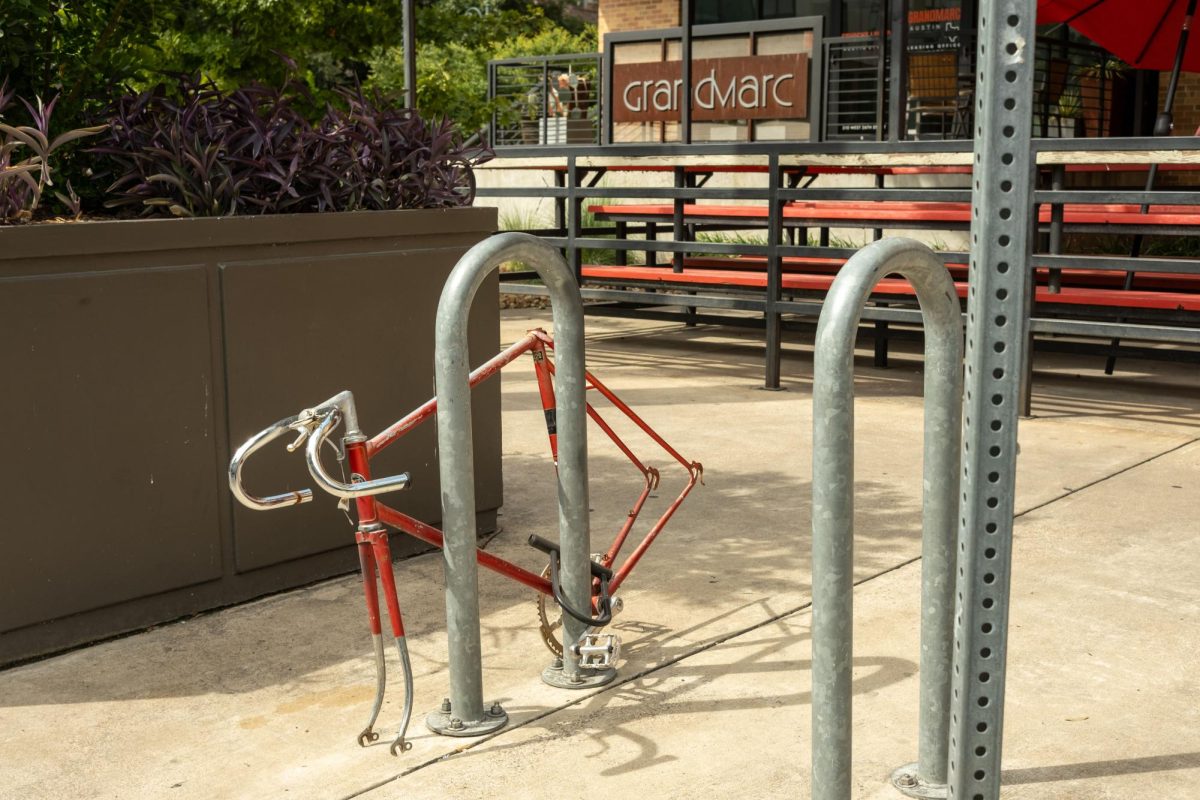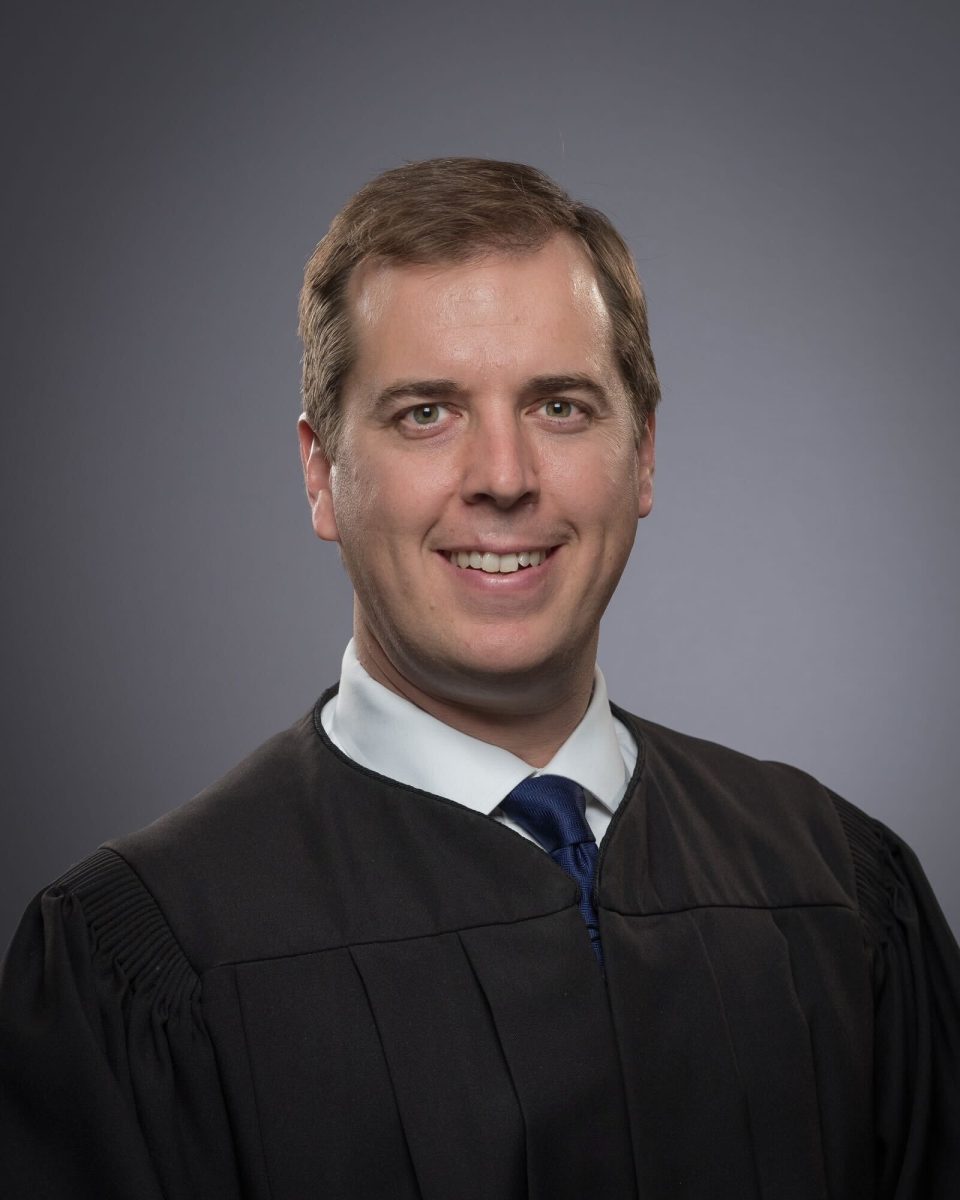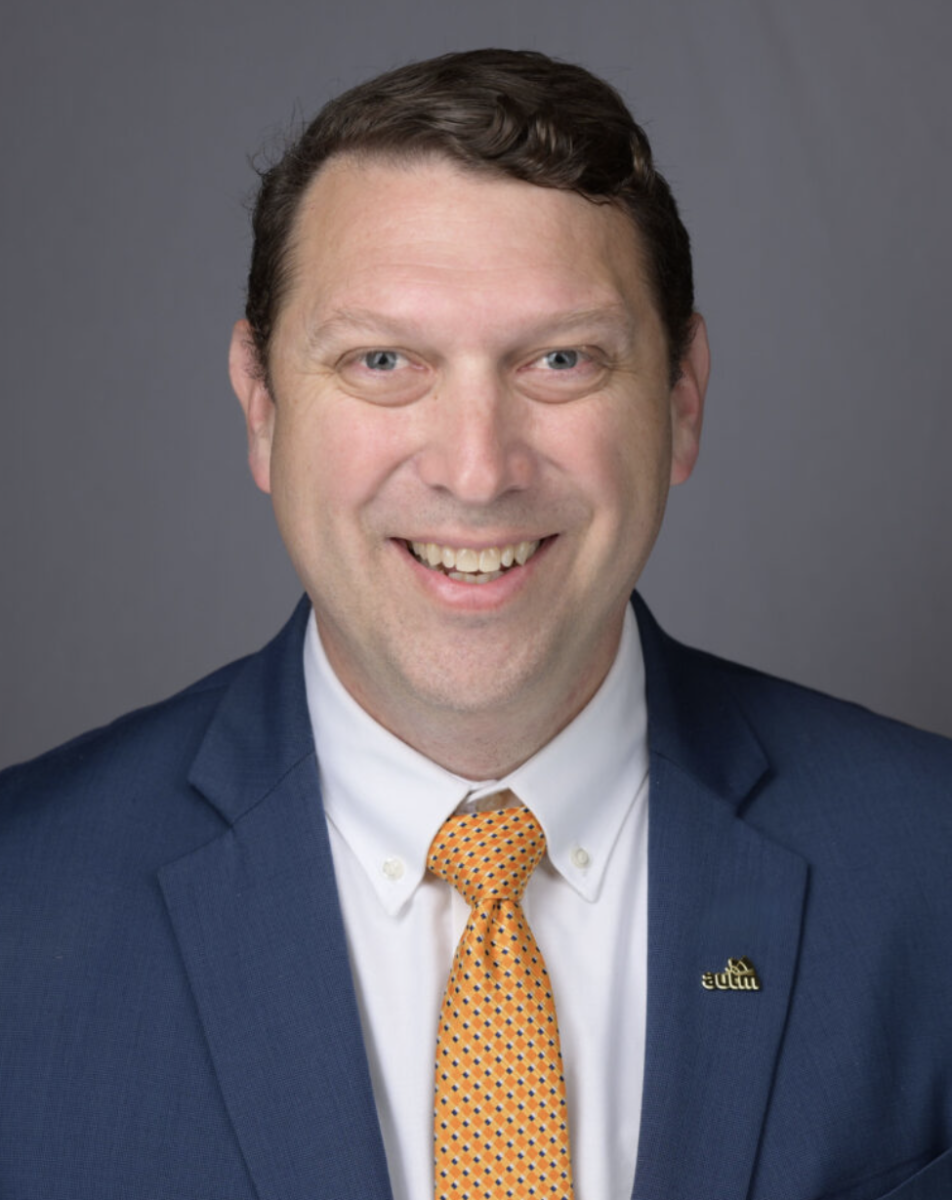On the first day of class, government professor David Prindle was reported for making a terrorist threat.
“Someone quoted me as having said, ‘I’m going to pull out a gun and shoot everyone,’” Prindle said. “I know my comic style. I just wouldn’t say that.”
Prindle said he accidentally went to the wrong classroom Aug. 29, but after talking for a few minutes with the students in the class, he figured out where he was supposed to go.
“I don’t know whether I read the schedule wrong or … it may have been that the bureaucracy changed my room around during the summer and I forgot to look the day before,” Prindle said. “But we figured out what was wrong … and then me and my teaching assistant went to the right room.”
Someone in that class that day reported Prindle for making a terrorist threat, and a few days later, University of Texas Police Department detectives asked Prindle to come to the police station. Prindle said he told the detectives he did not remember saying anything threatening, but if he had, it was a joke.
“(The detectives) interviewed me in the interrogation room — the same one where they take the murder suspects in Law and Order,” Prindle said. “I said I could not remember having said anything … and certainly I had no violent intent.”
UTPD Lt. Greg Stephenson said with every report of a terroristic threat, UTPD dispatchers send police officers to do a preliminary investigation. Then, detectives investigate before potentially filing charges.
According to the Texas Penal Code, a terroristic threat involves someone threatening to commit a violent offense with the intent to place someone in fear of imminent and serious bodily injury. Stephenson said after Prindle made his statement to detectives, UTPD detectives determined that he had not made a terroristic threat.
“The officers got there, did the initial investigation, and the detectives looked deeper, but his actions didn’t meet the elements of a terroristic threat,” Stephenson said.
UTPD Assistant Chief Peter Scheets said students are only sent a notification about reports of a terrorist threat if UTPD determines if the threat is immediate and credible.
“We have very strict criteria for what we report out to the community,” Scheets said. “We just can’t send something out as a timely warning or a emergency notification because we want to. We save that only for immediate credible threats to the campus.”
Scheets said UTPD has received 18 reports of terrorist threats this year. While the majority of these reports do not end up being criminal violations, Scheets said sometimes they are referred to the University because they could be potential policy violations.
“If it’s not a law enforcement function, we tend to refer that information to the University,” Scheets said. “In this case, we felt the need to bring it to the University’s attention so they could take administrative action if they felt it was warranted.”
University spokesperson J.B. Bird said in the event of a credible and immediate terrorist threat, the University follows up as appropriate with the campus and members of the community but declined to comment on the report made against Prindle.
Prindle said after he spoke with UTPD, Maurie McInnis, executive vice president and provost, contacted government department chair Robert Moser about the incident. Moser and McInnis both declined to comment.
“I consulted with (Moser), and he wanted to impress upon me how very seriously the University took this,” Prindle said. “I said, ‘Well I’m not going to make any more jokes that involved guns.’ Not that I did. And that was officially the end of that.”

